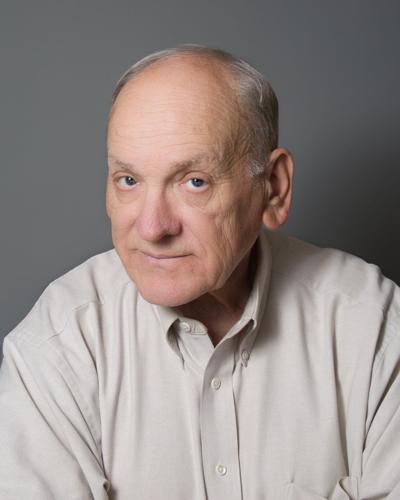Government employees, especially those who work for the federal government, are being targeted for removal in an attempt to cut costs.
They are accused of being unnecessary at best, or lazy and incompetent.
Award-winning author Michael Lewis has a different take on federal government employees. He edited a book titled ŌĆ£Who is Government?ŌĆØ and asked fellow authors to write chapters about federal government employees who make a difference.
Lewis wrote a chapter detailing the work of Christopher Mark, a Department of Labor employee.
Mark was born into an upper middle-class family. His father was a professor at Princeton University. He graduated from high school a year early, and his father wondered if his son would enroll at Harvard or Princeton.
He decided on neither and began work as a union organizer. He ended up in West Virginia where he became a coal miner at Lightfoot #1 mine in Boone County.
His experience as a miner led Mark to enroll at Penn State University to study mining engineering. Realizing that death was an expected element of coal mining, Mark zeroed in on why mining roofs caved in at longwall mines.
Mark focused on pillars that support the roofs. He was moved to find a way to properly support the roofs after 27 miners perished inside the Wilberg Mine near Salt Lake City.
The loss of miners became part of the cost of business for coal mine owners. There was little, if any, research being done on how to prevent fatal mining accidents.
Mark decided that the private sector was not going to invest in safety research, and it would take government action to save lives. He joined the U.S. Bureau of Mines. In the end, after years of on-the-job experience, academic study and a commitment to federal government action, MarkŌĆÖs findings were adopted, regulated and enforced by the Bureau of Mines.
The federal government employee, is credited with saving thousands of coal minersŌĆÖ lives. He is the recipient of the highest award by the Partnership for Public Service, formed to recognize extraordinary deeds by the federal government.
In another chapter of LewisŌĆÖ book, the work of Pamela Wright, who grew up on a ranch outside Conrad, Montana, is credited with starting the process of providing everyone with access to the 13 billion records at the National Archives in Washington, D.C.
Wright is the chief innovation officer at the National Archives and Records Administration. There, she led a group dedicated to digitizing records to make them accessible to our laptops and cell phones.
Wright believes that her work for the National Archives and Records Administration makes the agency more democratic and more fair, which means the country is as well.
LewisŌĆÖ book quotes John F. Kennedy in evaluating the worth of people who dedicate their lives to public service for the federal government.
President John F. Kennedy said ŌĆ£Let the public service be a proud and lively career. And let every man and woman who works in any area of our national government, in any branch, at any level, be able to say with pride and with honor in future years: ŌĆśI served the United States Government in that hour of our nationŌĆÖs need.ŌĆÖŌĆÖŌĆÖ












